Table of Contents
ToggleWhat Will Digital Marketing Be Like In 25 Years
What will digital marketing be like in 25 years. The speed at which changes are taking place in digital marketing today, where will it reach after 25 years from now. Digital marketing is growing every year. This market is worth Rs 62,045 crore in India alone, so you can imagine where it will be in the coming few years. Before knowing this, let us know what digital marketing is.
What Is Digital Marketing
Digital marketing is the components of marketing that uses the components of marketing that uses the internet and online based digital technologies such as desktop computers, mobiles phones and other digital media and platforms to promote products and services.
The COVID- 19 pandemic has accelerated the shift to online banking, retail education and telehealth and these trends aren’t going away. The global digital marketing market size was valued at USD 43.8 billion in 2019. And by 2025 it will become a market worth 62,045 crore.
Read Also -: Digital Marketing future in India 2024

What Will Digital Marketing Be Like In 25 Years
By looking at today’s digital marketing, we can guess where digital marketing would have been in the last 25 years, but the details are further, stay with us till the end. There will be many changes in digital marketing in the coming time, what those changes will be is given in details further.
1. Hyper-Personalization
Hyper-personalization in digital marketing refers to the practice of delivering highly targeted and individualized content, messages, and experiences to consumers based on their unique characteristics, preferences, behaviors, and context. This approach goes beyond traditional segmentation and targeting methods by leveraging advanced data analytics, artificial intelligence (AI), and machine learning algorithms to tailor marketing efforts at a granular level.
Marketers create and deliver content that is specifically tailored to the needs, interests, and preferences of individual consumers. This could involve personalized product recommendations, customized emails, dynamic website content, or targeted social media ads.
Hyper-personalization extends across multiple channels and touchpoints, including websites, email, social media, mobile apps, offline interactions, and emerging platforms. Marketers strive to create cohesive and integrated experiences that span the entire customer journey.
Marketers must prioritize data privacy and obtain explicit consent from consumers for the collection and use of personal data in hyper-personalization efforts. Transparency, security, and compliance with privacy regulations are essential to maintaining trust and credibility with consumers.

2. Immersive Technologies
Immersive technologies refer to technologies that create a sense of immersion or presence, allowing users to feel fully engaged in a digital environment. These technologies aim to simulate sensory experiences, such as sight, sound, and sometimes touch, to make users feel like they are physically present in a virtual or augmented world. The primary immersive technologies include virtual reality (VR), augmented reality (AR), and mixed reality (MR).
1. Virtual Reality (VR):
- VR technology creates fully immersive, computer-generated environments that users can interact with using specialized hardware, such as VR headsets.
- Users wear VR headsets that completely cover their field of view, blocking out the physical world and replacing it with a simulated digital environment.
2. Augmented Reality (AR):
- AR technology overlays digital content onto the real-world environment, enhancing users’ perception of reality by adding virtual objects or information.
- AR experiences are typically accessed through smartphones, tablets, smart glasses, or AR headsets equipped with cameras and sensors.
3. Mixed Reality (MR):
- MR combines elements of both VR and AR, blending virtual content with the real-world environment in a way that allows digital and physical objects to coexist and interact in real-time.
- MR devices, such as Microsoft HoloLens, Magic Leap, or newer iterations of VR headsets, incorporate sensors and cameras to map the physical environment and overlay digital content seamlessly.
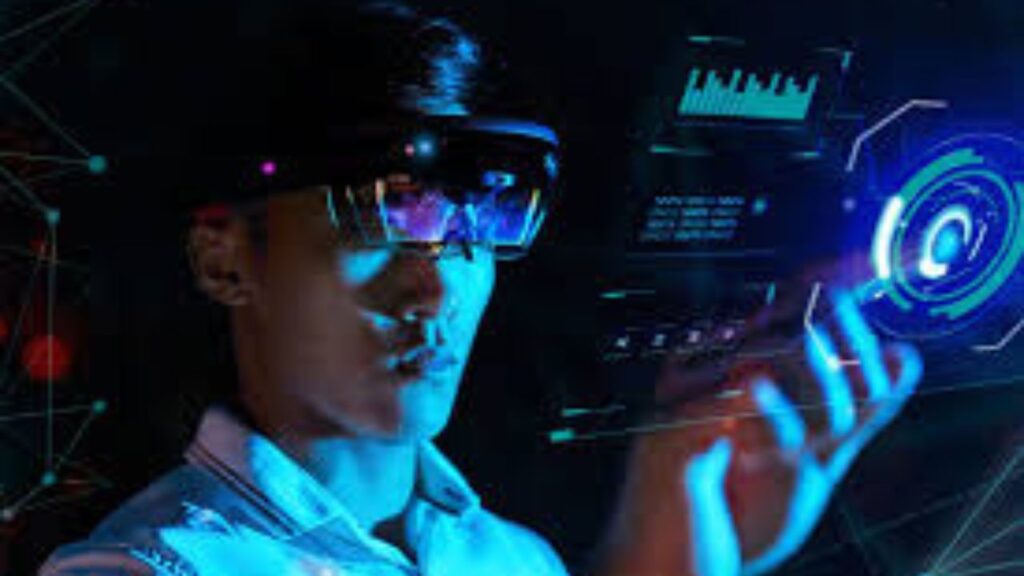
3. Voice and Natural Language Processing
Voice search and natural language processing (NLP) could play a more significant role in digital marketing strategies, with brands optimizing content and advertising for voice-enabled devices and virtual assistants. Conversational marketing may become more prevalent, with AI-powered chatbots and voice assistants facilitating personalized interactions and transactions.
Voice Recognition:
- Voice recognition technology, also known as speech recognition, allows computers to transcribe spoken words into text.
- It involves converting audio signals containing human speech into digital data that can be processed and analyzed by computers.
Natural Language Understanding (NLU):
- NLU is a branch of NLP that focuses on enabling machines to comprehend and interpret human language in context.
- It involves parsing and analyzing natural language text to extract meaning, intent, and entities from unstructured data.
Chatbots and Virtual Assistants:
- Chatbots and virtual assistants leverage voice and NLP technologies to interact with users in natural language conversations.
- These AI-powered agents can answer questions, provide information, perform tasks, make recommendations, and assist users with various inquiries.
Voice Search:
- Voice search enables users to perform searches using spoken commands rather than typing queries into a search engine.
- Voice search technology uses speech recognition and NLP algorithms to understand and process spoken queries, returning relevant results in natural language.
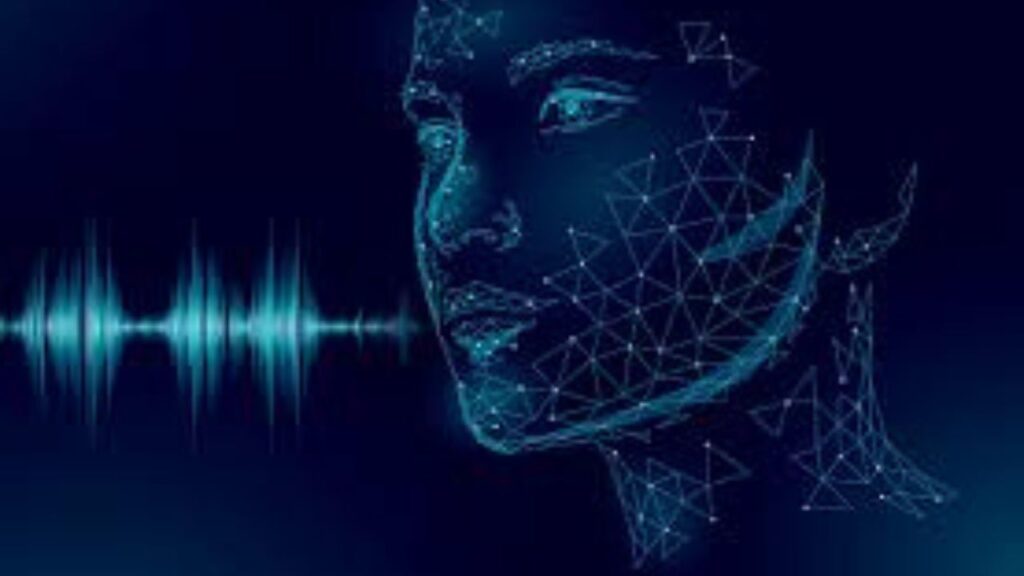
4. Blockchain and Trust
Blockchain technology could enhance transparency, security, and trust in digital marketing ecosystems. Smart contracts, decentralized identity solutions, and tokenized incentives might enable more efficient and trustworthy advertising networks, while addressing concerns related to ad fraud, data privacy, and consumer trust.
Blockchain operates on a decentralized network of nodes, eliminating the need for a central authority to verify transactions. Instead, transactions are validated and recorded by a distributed network of participants, making it difficult for any single entity to manipulate or control the data.
Blockchain technology uses cryptographic techniques to secure transactions and protect data integrity. Transactions are cryptographically signed and verified, making them resistant to unauthorized modifications or fraud. Additionally, the decentralized nature of blockchain networks reduces the risk of single points of failure or cyberattacks. One of the biggest disadvantages of digital marketing is that the data is not safe. With this Blockchain technology your data will remain safe.
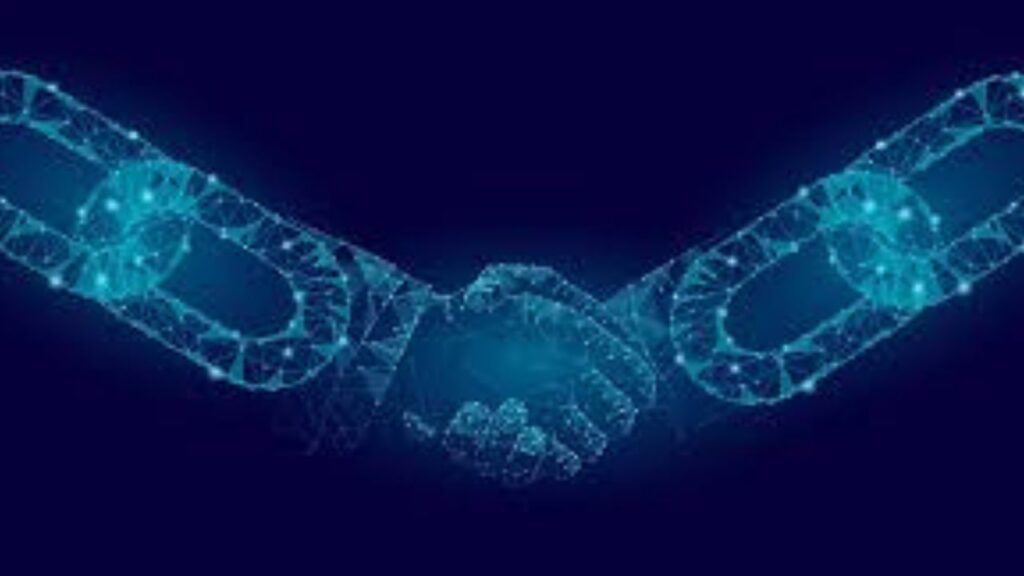
5. Sustainability and Social Responsibility
Environmental and social considerations may influence digital marketing strategies, with brands prioritizing sustainability, corporate social responsibility (CSR), and purpose-driven messaging. Green marketing initiatives, eco-friendly product lines, and campaigns addressing social issues could resonate with socially conscious consumers.
This aspect of sustainability focuses on minimizing the environmental impact of business operations and activities. Companies are increasingly adopting sustainable practices to reduce carbon emissions, conserve natural resources, minimize waste generation, and promote biodiversity. Sustainable initiatives may include adopting renewable energy sources, implementing energy-efficient technologies, reducing water consumption, optimizing supply chains, and adopting circular economy principles.
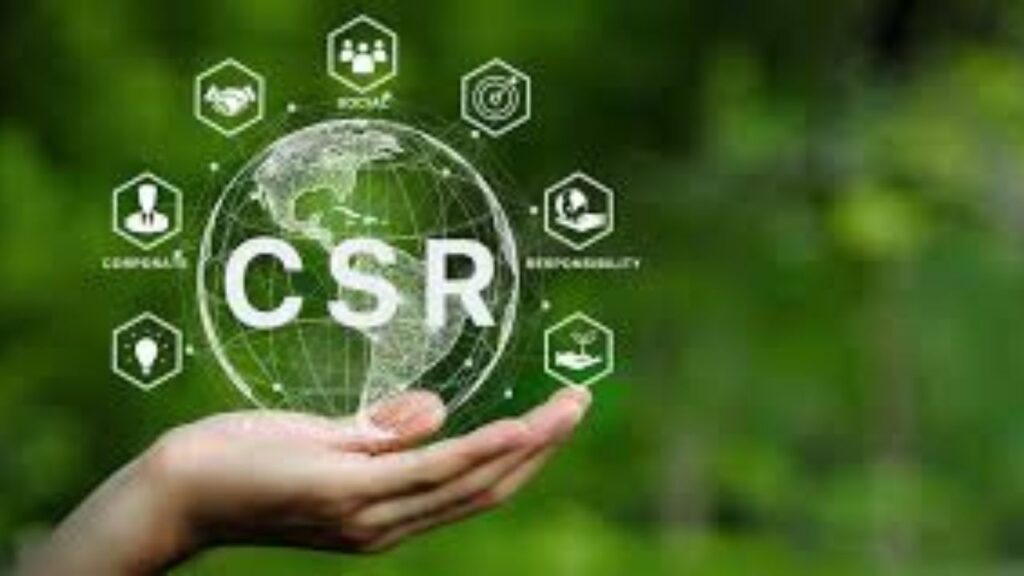
6. AI-Generated Content and Creativity
AI and generative algorithms could aid in content creation, automation, and creative ideation, enabling marketers to produce personalized, high-quality content at scale. AI-driven creative tools may assist in designing visuals, writing copy, and optimizing multimedia assets for different audience segments and channels.
AI-powered natural language processing (NLP) models, such as OpenAI’s GPT (Generative Pre-trained Transformer) series, can generate human-like text based on input prompts. These models can write articles, product descriptions, news stories, creative fiction, and other types of written content. AI-generated text can be used to automate content creation, generate personalized recommendations, or assist writers in brainstorming ideas and overcoming creative blocks.
AI algorithms can generate and manipulate images and videos with impressive realism and creativity. Generative adversarial networks (GANs) and deep learning techniques enable AI to create photorealistic images, enhance photo quality, remove backgrounds, or generate artistic visual effects.
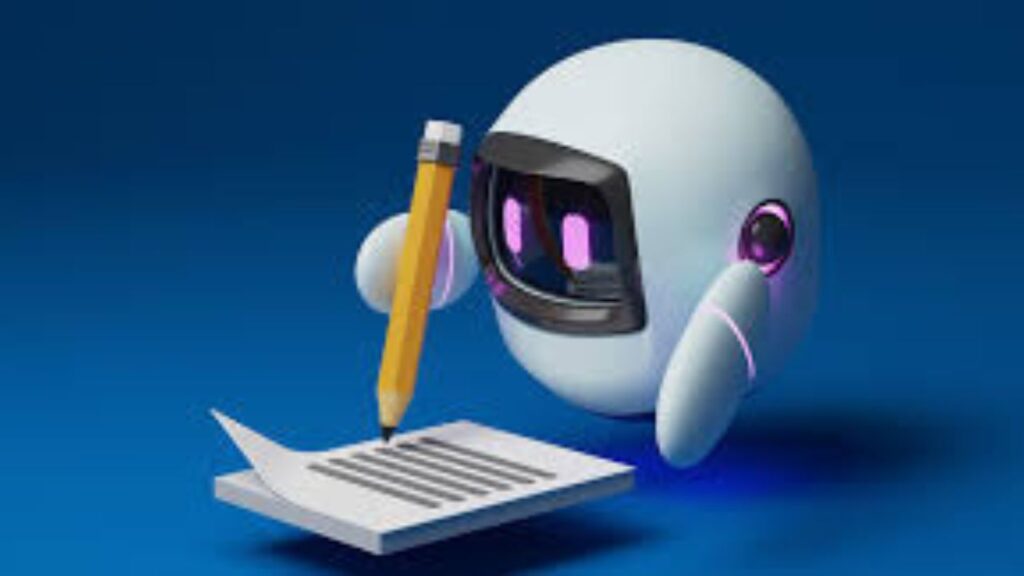
7. Globalization and Localization
Digital marketing campaigns may become more globalized yet localized, as brands seek to reach diverse audiences across cultural, linguistic, and geographical boundaries. Multilingual content, culturally relevant messaging, and region-specific targeting strategies could cater to the unique needs and preferences of diverse consumer demographics.
Globalization-: Globalization refers to the process of integrating and operating on a global scale, breaking down barriers to trade, communication, and cultural exchange. Globalization enables businesses to access new markets, tap into diverse consumer demographics, leverage economies of scale, and capitalize on global trends and opportunities.
Localization-: Localization is the process of adapting products, services, and content to meet the linguistic, cultural, and regulatory requirements of specific local markets. Localization involves translating content into local languages, adapting design elements, formats, and imagery to resonate with local preferences, and complying with legal and cultural norms in different regions

8. Interactive and Gamified Experiences
Interactive and gamified marketing experiences could become more prevalent, with brands leveraging gamification mechanics, challenges, and rewards to engage audiences and drive user participation. Interactive storytelling, gamified advertisements, and immersive brand experiences may capture consumers’ attention in increasingly crowded digital spaces.
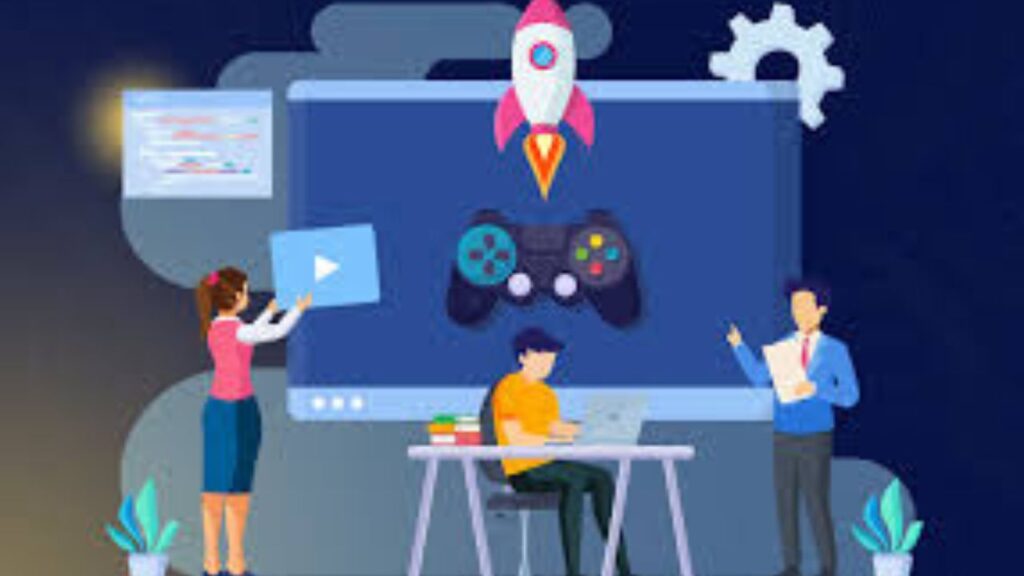
9. Ethical AI and Human-Centric Marketing
AI technologies become more pervasive in marketing, there may be a greater emphasis on ethical AI practices and human-centric approaches to technology-driven marketing. Brands may prioritize empathy, inclusivity, and human connection in their interactions with consumers, acknowledging the importance of emotional intelligence and authentic relationships in building brand loyalty and trust.
Ethical AI and human-centric marketing contribute to building trust, loyalty, and brand reputation by demonstrating a commitment to ethical values, consumer rights, and responsible business practices. By prioritizing user well-being and ethical considerations, companies can enhance customer satisfaction, brand trust, and long-term brand loyalty, leading to sustainable business growth and positive societal impact.
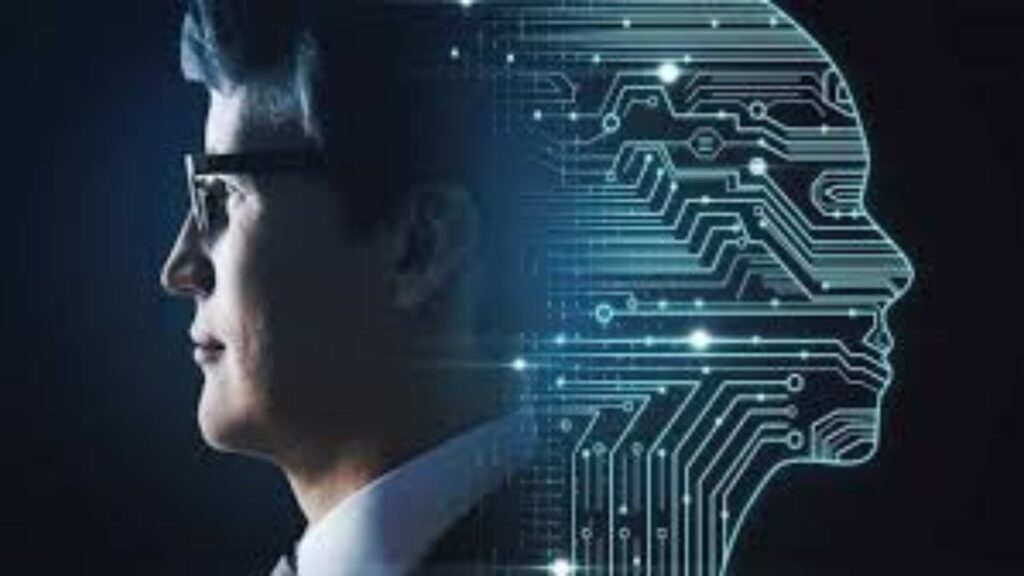
Conclusion
In this blog we learned where digital marketing is going to be in the coming 25 years. This market is very big and will grow further in the coming years. It has got many more benefits with the advent of AI. Let us know how much benefit the society can get to the world if AI and humans work together. In this blog, we learned in details that digital marketing will go far ahead in 25 years.
If you also want to learn digital marketing and want to secure your future digital marketing, then hello my name is Rozy, Founder of Rozy Digital School, we teach digital marketing in Hindi, if you also want to learn then join our community.
